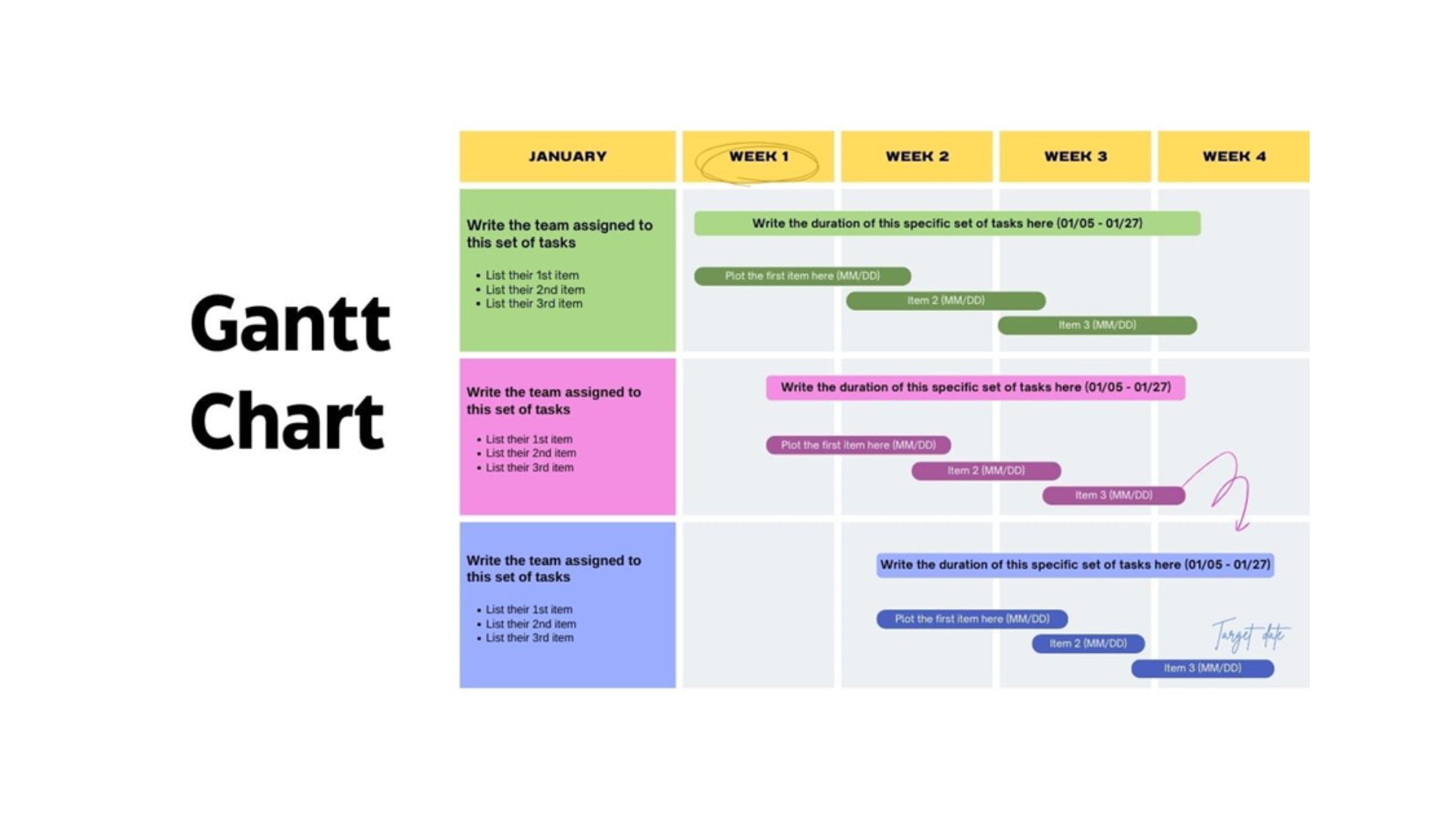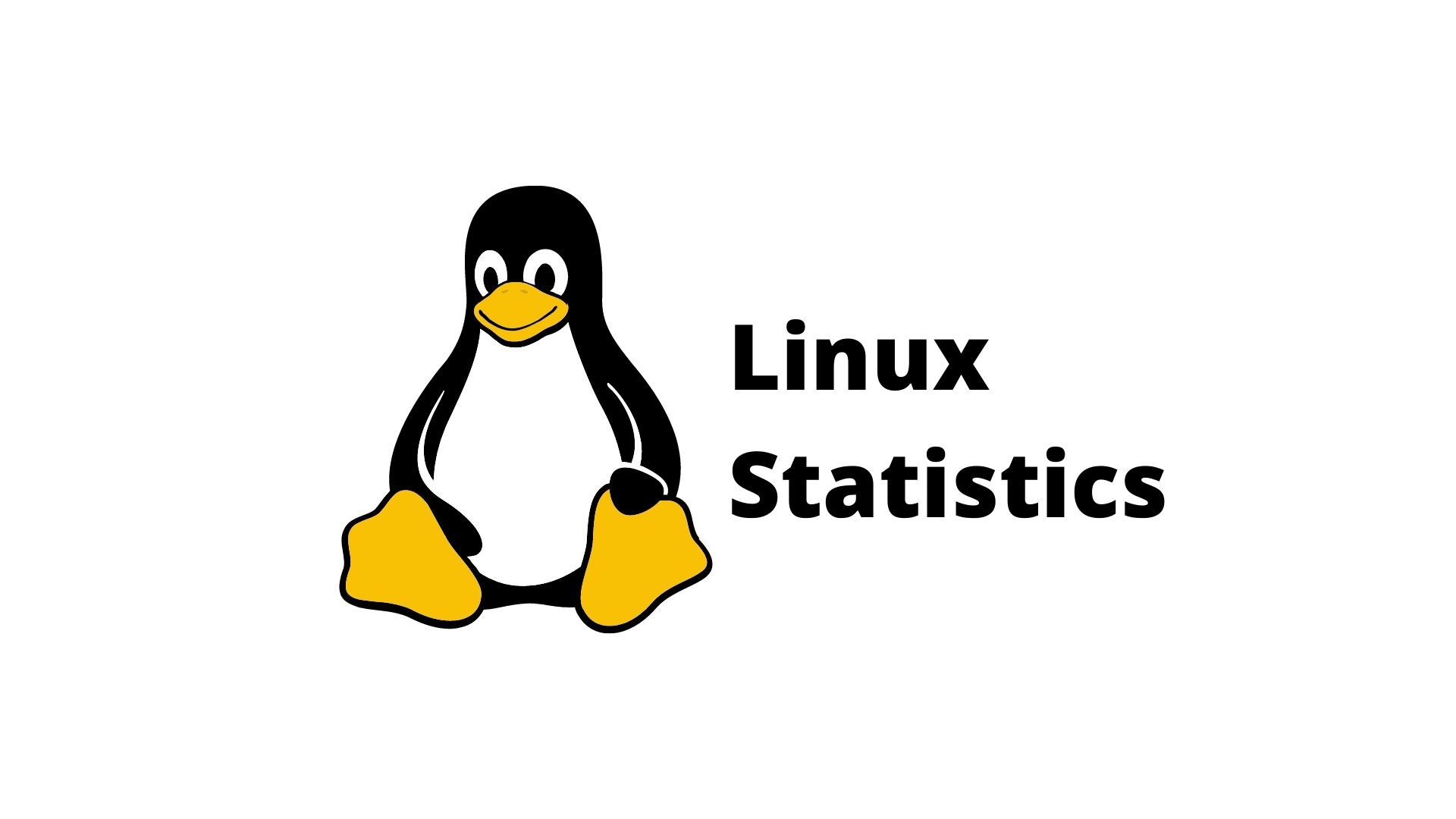Enterprise App Stores Continue to Evolve
Page Contents
Apps are increasingly the way we get things done, in our personal lives and at work — and sometimes in a fuzzy space between the two.
The app store quickly became the delivery method of choice for purchasing personal mobile apps, thanks to Apple, which has seen a mind-boggling number of purchases from its app store. (Half a billion dollars for apps and in-app purchases in the first week of 2015 alone, according to Apple.)
In the enterprise, though, it's a bit more complicated. While some companies are OK with employees purchasing their own productivity apps for work, they struggle with concerns over security, compatibility and compliance with enterprise standards. Despite these concerns, the phenomenon of employees using their own apps at work is so popular it has earned an acronym: BYOA, for bring your own app.
Enterprise App Store Options
Concerned companies do have options. A fairly large, and growing, number of software companies have their own app stores where folks can purchase enterprise apps. Hootsuite, for example, announced this week that its App Directory, introduced in late 2011 and featuring 140-plus apps and integrations for apps including Zendesk, Marketo and IBM SilverPop Engage, has seen more than 2 million installs.
The directory is focused on social media management, said Hootsuite Director of Product Marketing Kevin Quan in an email. It gives Hootsuite customers “the ability to use the best-of-breed business applications and extensions that work for their unique needs,” he said. “Through the Hootsuite App Directory we are able to extend social across all cross functional departments in any organization.”
Other software companies offering enterprise app stores include ServiceNow, which earlier this year introduced an app store with more than 80 applications built on its cloud service management platform, and SugarCRM, which launched an app store for users of its CRM software in May.
Inaugural Enterprise App Store
Salesforce got the ball rolling for enterprise app stores with the 2006 rollout of its AppExchange. (That is two years before Apple debuted its App Store.)
As Jim Sinai, senior director of AppExchange and platform marketing at Salesforce, explained in an interview with Enterprise Apps Today earlier this year. “Salesforce is a platform company, and to be a viable and dominant platform we have to have a robust ecosystem.”
It now has nearly 3,000 apps and users have installed apps some 3 million times. According to Sinai, the AppExchange has generated over $1 billion for Salesforce and AppExchange developers.
Such app stores offer applications vetted for the enterprise, and are thus generally a safer place to purchase apps than consumer marketplaces such as Apple's App Store and Google Play – at least from an enterprise IT perspective. But some experts think the best approach for many enterprises is to create their own app stores, offering a selection of vetted apps for their employees.
In fact, Salesforce late last year introduced the AppExchange Store Builder, a tool that enables companies to create customizable self-service marketplaces that can be used to distribute mobile, Web and desktop applications not just to employees, but also to partners and customers.
Capgemini's Steve Moss, writing for Enterprise Apps Today, opined that an enterprise app store is a central part of successful BYOA strategies. He wrote: “… Developing a customizable private app store that makes finding the right app easy to search and download is an enterprise's best bet for encouraging long-term user adoption.”
Enterprise App Stores and Engaging Employees
Moss also offered a great suggestion for boosting employee involvement, an often overlooked aspect of BYOA programs: Make sure enterprise app stores have a feedback mechanism.
“Creating a two-way communication mechanism for employees to voice complaints or satisfaction allows employers to aggregate the feedback and supply the app store with more apps that are not only company compliant, but better cater to employee needs,” he wrote.
In addition to identifying popular applications, a feedback mechanism gives IT organizations visibility into the kinds of content users access and how they manage it, he pointed out.
Enterprise Apps Today interviewed several experts last year to come up with a list of eight tips for establishing an enterprise app store. Among them:
- Don't overwhelm employees by launching a store with too many app choices. Phil Barnett, a sales director at MDM vendor Good Technology, recommended starting with no more than five enterprise apps, which allows folks to get familiar with the idea of an enterprise app store.
- Offer functions other than application downloads, including such services as resetting passwords and (echoing Capgemini's Moss) a social function that could allow employees to chat about apps with coworkers, recommend favorite apps to colleagues and rate them.
Ann All is the editor of Enterprise Apps Today and eSecurity Planet. She has covered business and technology for more than a decade, writing about everything from business intelligence to virtualization.

Public relations, digital marketing, journalism, copywriting. I have done it all so I am able to communicate any information in a professional manner. Recent work includes creating compelling digital content, and applying SEO strategies to increase website performance. I am a skilled copy editor who can manage budgets and people.



